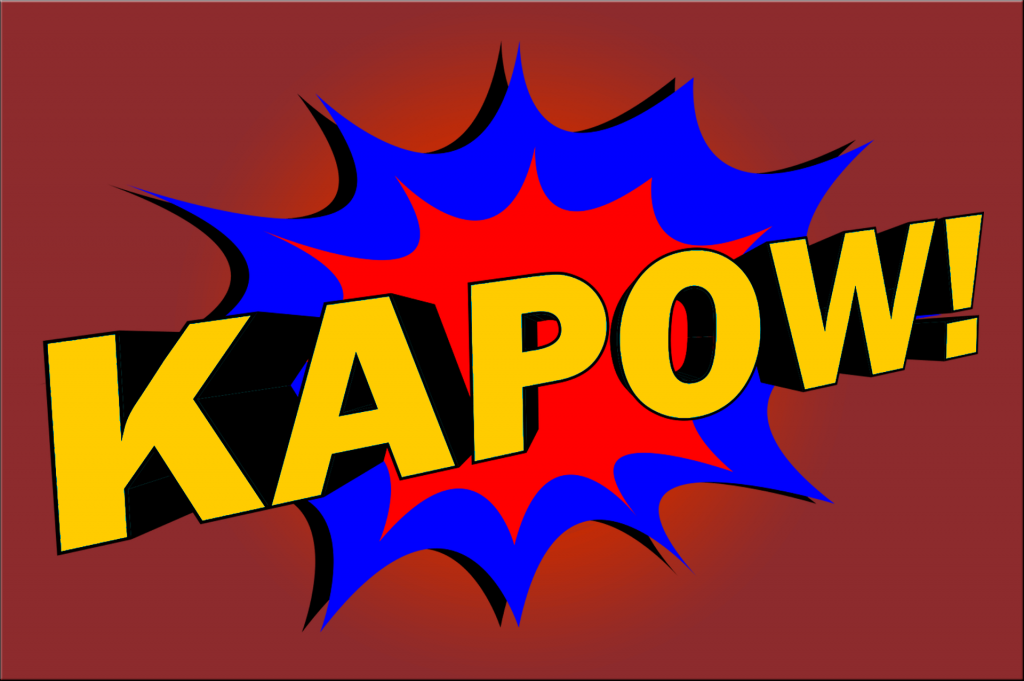UPDATED SEPTEMBER 23, 2023
“What will you need from me?”
This is the question most clients tentatively ask me when we first start working together.
If you’ve never worked with a copywriter before, and it’s all new to you, this part may be daunting. But your input and support is vital to the success of your project.
To help you prepare and get your thoughts in order, I’ve created this guide that explains exactly what your copywriter will need from you. And not just in terms of information, but in terms of a smooth and successful working partnership.
So, without further ado, let’s dive in!
What to give your copywriter
A dedicated contact person
If your copywriter has several points of contact, the project can get complicated. We can end up with conflicting instructions and with different people wanting different things from us.
Having a single point of contact to liaise with will make life easier for your copywriter, helping to ensure continuity and a smooth simple process.
Examples of existing communications
If you have any examples of copywriting that’s been done for your business, it can help your new copywriter get a better understanding of your brand and tone of voice.
Your existing communications might include things like:
- Marketing materials
- Sales literature
- Handbooks
- Web copy
- Blog articles
- Email marketing.
Be sure to tell your copywriter what you like and don’t like about your existing communications. And, more importantly, what has and hasn’t worked for you.
Information
Your copywriter will ask you for a lot of information. This information will be specific to your business/brand and what you’re offering your clients/customers.
The more information you can give, the better your results are likely to be.
The copywriting brief
The copywriting brief is where most copywriters start. Some copywriters will ask you to provide the brief for your project, others will have their own copywriting brief that they’ll ask you to fill in.
My standard copywriting brief is made up of several sections and will ask you about:
- Your project — what you’re hiring me for
- What you’re offering — your products and/or services
- Your business/brand
- Your audience — who we’re talking to
- Your competitors — direct and indirect.
Take a look at my copywriting brief >>
A guide to completing my copywriting brief >>
Additional information
For your copywriter, the copywriting brief is just a starting point. We’ll take away the information you’ve given and use it to research further, building a clear picture of your business, your audience and your market. This may bring up additional questions we need to ask.
We’ll also ask for all the specific information your project needs to include.
Access to your website data
If your copywriter is rewriting your website or blog articles, they should ask for access to your Google Analytics and Google Search Console data.
Most web developers will set these up when they build your site.
Having access to this data is important. It means your copywriter won’t disturb anything you’re currently ranking for — and that you want to keep ranking for.
If you’re thinking of working with a copywriter for a website rewrite, check that you have Google Analytics and Google Search Console attached to your site and that they’re collecting data.
If not, get them set up and give them 2-3 months to collect some useful data we can work with.
Collaboration and communication
Working with a copywriter should be a collaborative process.
You’re the expert in your business, your copywriter is the expert in communications — and we need to work together to get the best results.
This means you need to be available and ready to contribute, if needed.
For example, we might need you to:
- Answer questions that arise
- Provide explanation or clarification
- Supply further information
- Give feedback or direction.
If your copywriter is to produce the best possible copy and deliver it on schedule, they will need you to be communicative. This means responding to queries promptly and fully so as not to hold things up.
Collaboration and communication may also extend to other people working on your project, such as designers, developers and SEOs.
Time and patience
Effective copy doesn’t just happen overnight, it takes time to do it properly.
We need time to:
- Do our research
To understand your industry, your market, your competitors and your customers - Generate ideas
Great ideas don’t just appear — we have to absorb all the research data and give them time to brew - Create a compelling sales message
Your copy needs a message that speaks to your audience in their language and that clearly communicates the benefits of what you’re offering - Edit and refine our work
Our first draft is never the first draft you see — it’s always thoroughly edited and proofread before it reaches you.
If you’re asking a copywriter to produce a piece of copy at lightning speed, they won’t have time to complete all these stages and your copy will be less effective as a result.
Helpful feedback
Submitting a draft to a client is always a nerve-wracking time for a copywriter. We want you to like the copy, but we also need you to understand what we’re trying to achieve with it.
The most important thing to remember is that your copy hasn’t been written for you. It’s been written to meet the needs of your audience. And if there’s SEO involved, it will also have been optimised for Google.
The most helpful feedback for your copywriter is:
- Constructive
- Reasoned
- Specific
- Consolidated and in agreement.
For more information, read my full article: How to give your copywriter constructive feedback >>
Do you need a copywriter?
I’m Jenny Lucas, a freelance copywriter and content writer based in Leicester, UK.
My expertise is in copywriting for creative projects and SEO copywriting for websites and blogs. I’m also a content specialist with more than 14 years’ experience of planning and delivering content that converts.
To find out more about me and how I could help you, visit my website or get in touch.

You might also like…



